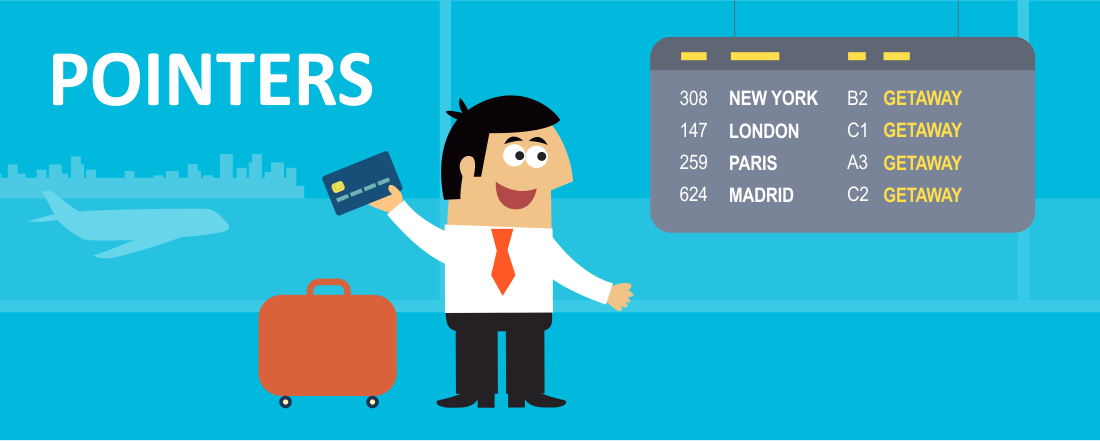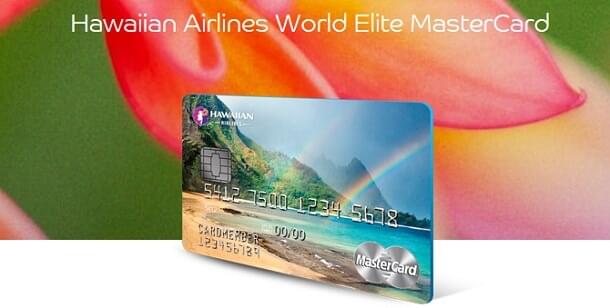
If you travel overseas with any kind of frequency, you already know what EMV cards are. And if you don’t, you might’ve noticed the new types of terminals in stores here in the U.S. Instead of swiping your card, you’re often asked to enter it into the slot in front of the terminal. That’s because in the last couple of years, the U.S. banks have finally started rolling out the EMV technology – the same technology that have been used everywhere else for the last two decades.
EMV cards (or chip-and-PIN cards as they are also known) stand for Europay,
Chip cards have been rolling out for quite some time now, but PIN – not so fast! Most newly-minted, chip-equipped credit cards issued in the U.S. use chip and signature, not the chip and PIN method. While it does address the security issues, it still doesn’t quite address another problem – compatibility abroad.
When you don’t need chip-and-PIN cards overseas
There are quite a few scenarios when your chip and signature card will work just fine,like when you’re:
- Buying from a live person in a touristy location.
- Making a small purchase in an unmanned machine (think subway fare).
- In many cases the machine will give you what you need if the charge is just a few dollars in local currency.
- If it prompts you for the pin number, enter the ATM PIN. It often works.
When you do need chip-and-PIN cards
You will really need a chip-and-PIN card if you are traveling to rural locations and/or if you are going to rely on unmanned machines a lot. Think driving in rural Europe, paying highway tolls and filling up at petrol stations (gas stations here). You won’t probably don’t want to take a chance on other purchases.
Fortunately, there are several U.S. credit card issuers offering chip-and-PIN functionality, so you might want to have one with you when traveling abroad.

Barclaycard Credit Cards
The most popular premium Barclays travel cards, such as Arrival Plus, Hawaiian and AA Aviator cards and some other cards offer chip-and-PIN functionality. All U.S.-issued chip-and-PIN cards work somewhat differently from the local cards abroad, since their default payment method is signature, while the original EMV method is PIN. However, all these cards will work in a machine or at merchants that only accept PIN authentication. Note, that while most premium Barclaycard products don’t have a foreign exchange fee, they do have an annual fee.
First Tech Federal Credit Union Cards
There are several First Tech chip-and-PIN cards, such as Platinum Rewards, Choice and Odyssey Rewards. Some carry no annual or foreign exchange fees.
Penfed Credit Cards
Platinum Cash Rewards, Promise, and Gold cards among others offer chip-and-PIN authentication method. None of Penfed cards have foreign exchange fees, and most have no annual fee either.

Andrews FCU Globe Trek Rewards
This is another great chip-and-PIN credit card with no annual fee, and no foreign exchange fee.
How to Join a Credit Union
If you’re interested in a chip-and-PIN card, but don’t want to pay an annual fee or want to
We should expect that most, if not all, credit cards issued in the U.S. will become chip-and-PIN enabled one day, but if you need one now, don’t wait. The rollout has been slow.
